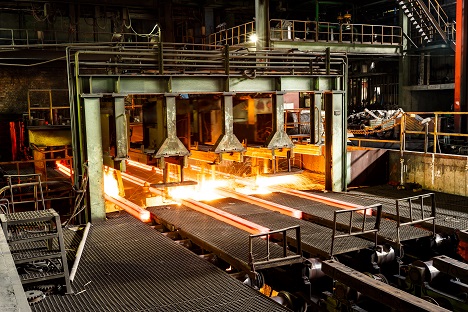TX: Can This Steel Producer Sustain Its Generous Dividend Hike?

Ternium (NYSE: TX) is a Latin American steel producer with 17 production centers in Argentina, Colombia, Mexico, Brazil, and other countries.
It just raised its dividend in a big way. Shareholders received $2.10 per ADS (American depositary share). That’s a 75% hike from a year ago, and it gives the stock an impressive 5.7% yield.
But should investors feel confident that the $2.10 per share dividend can be sustained?
In 2020, Ternium’s free cash flow grew a gigantic 34% to $1.61 billion from $1.2 billion.
And that’s up from $595 million in 2019, so free cash flow has been growing strongly for several years.
Of the $1.2 billion in free cash flow created in 2020, Ternium paid shareholders just $412 million for a very low payout ratio of 34%.
As a guideline, I like to see companies with payout ratios of 75% or less of their free cash flow.
This year, Wall Street projects $421 million in dividends for an even lower 26% payout ratio.
Ternium started paying a dividend in 2007. In 2009, during the Great Recession, it eliminated the payout entirely before bringing it back to previous levels the following year.
In 2013, Ternium reduced the dividend to $0.65 from $0.75 per share. Since then, it has raised the dividend six times.

So we have a robust 5%-plus yielder that generates mountains of cash flow, much more than is needed to pay the dividend – even the 2021 dividend that grew by 75%.
The one concern is that management has shown its willingness to reduce the dividend when necessary.
I don’t expect that to be necessary in the next 12 months with these big cash flow numbers and low payout ratio. In the near term, the dividend is safe.
Dividend History Rating: B

Disclaimer: Nothing published by Wealthy Retirement should be considered personalized investment advice. Although our employees may answer your general customer service questions, they are not ...
more


